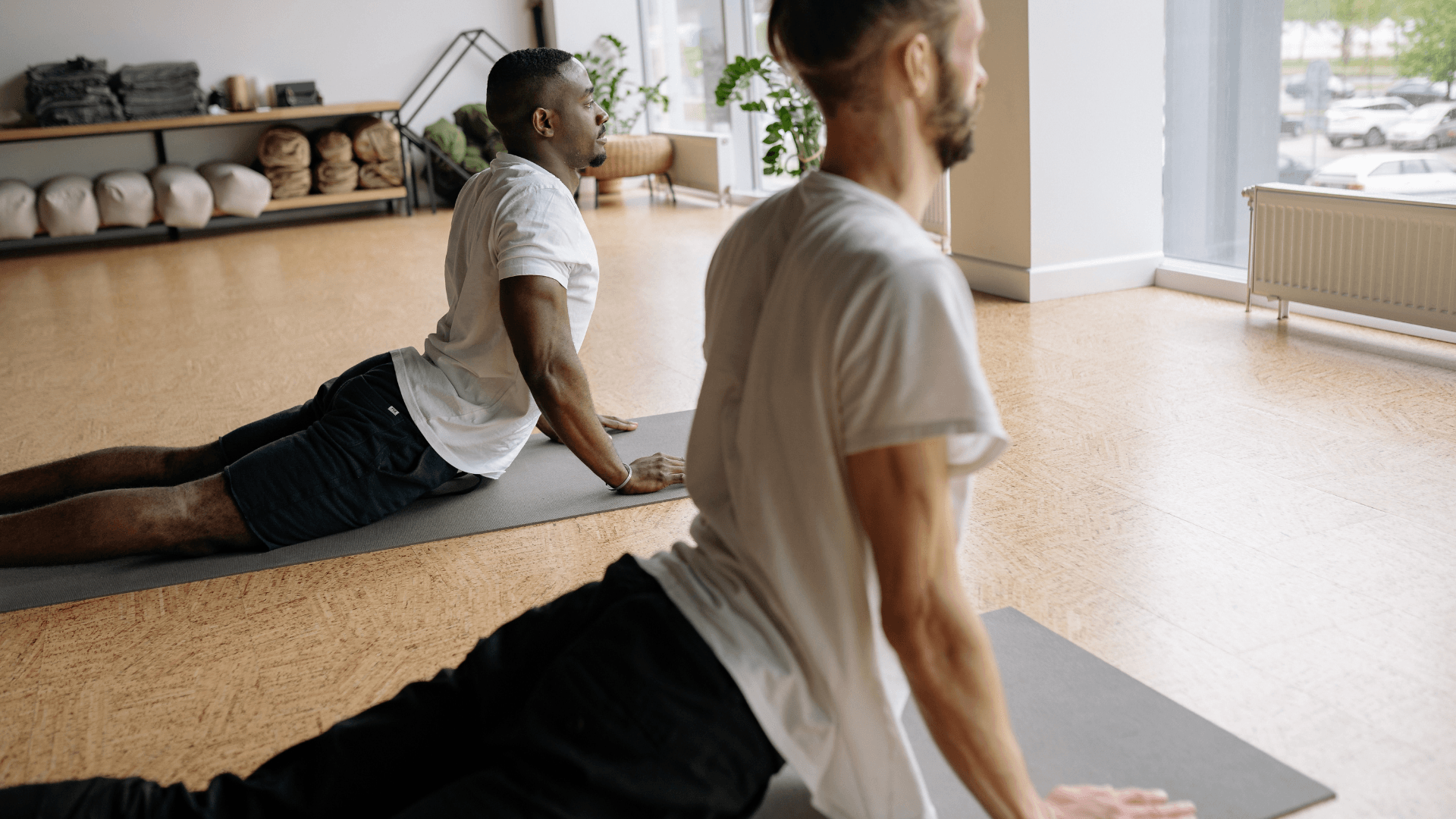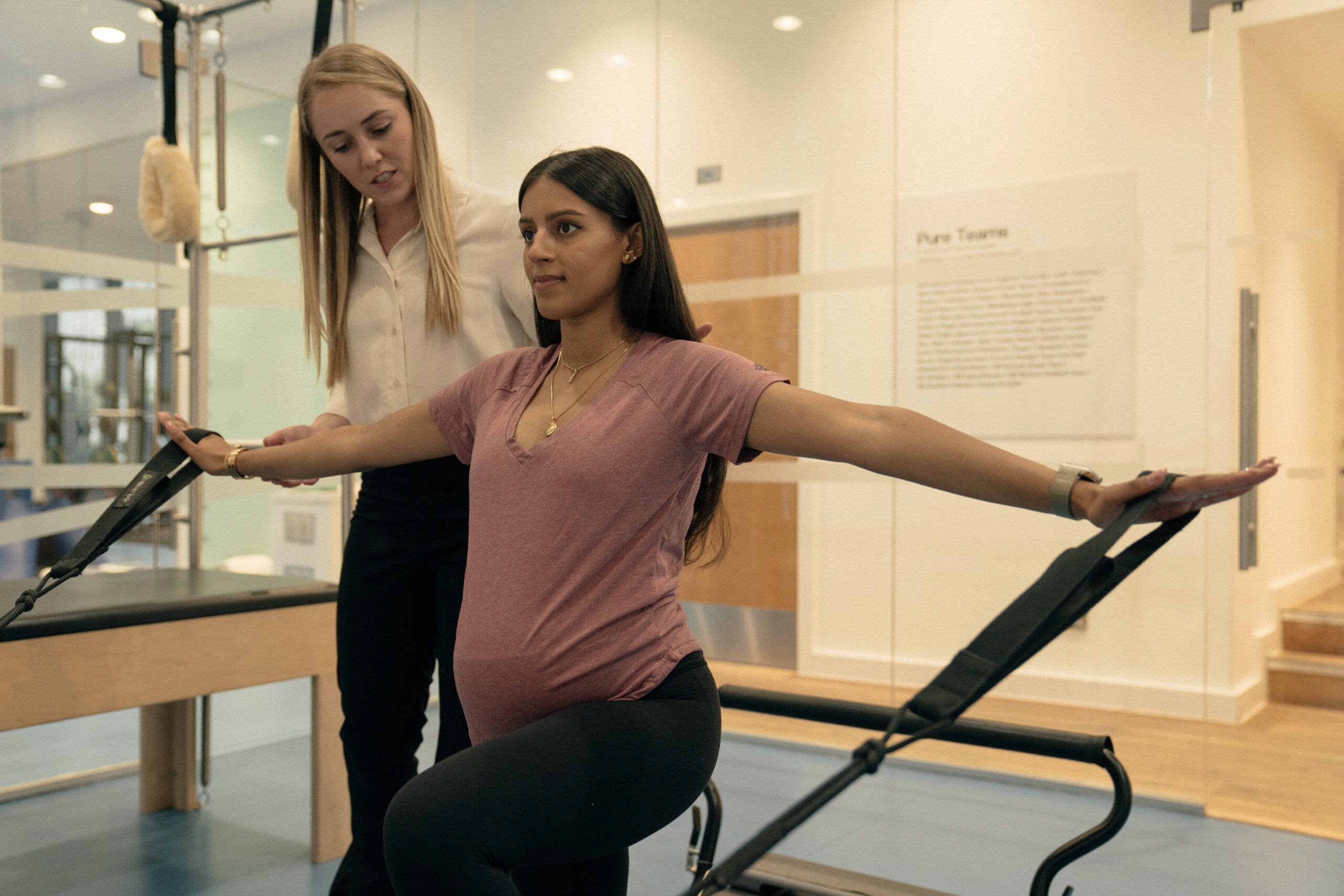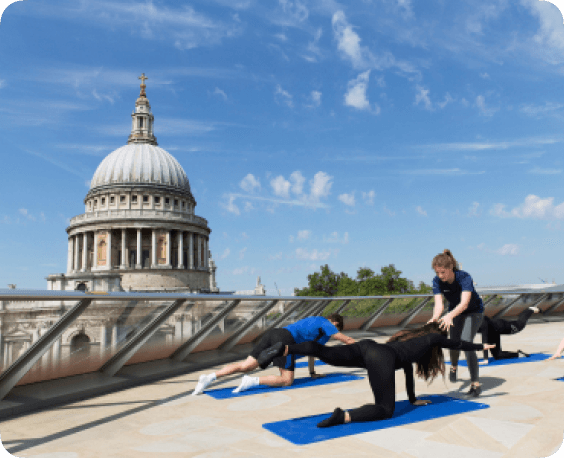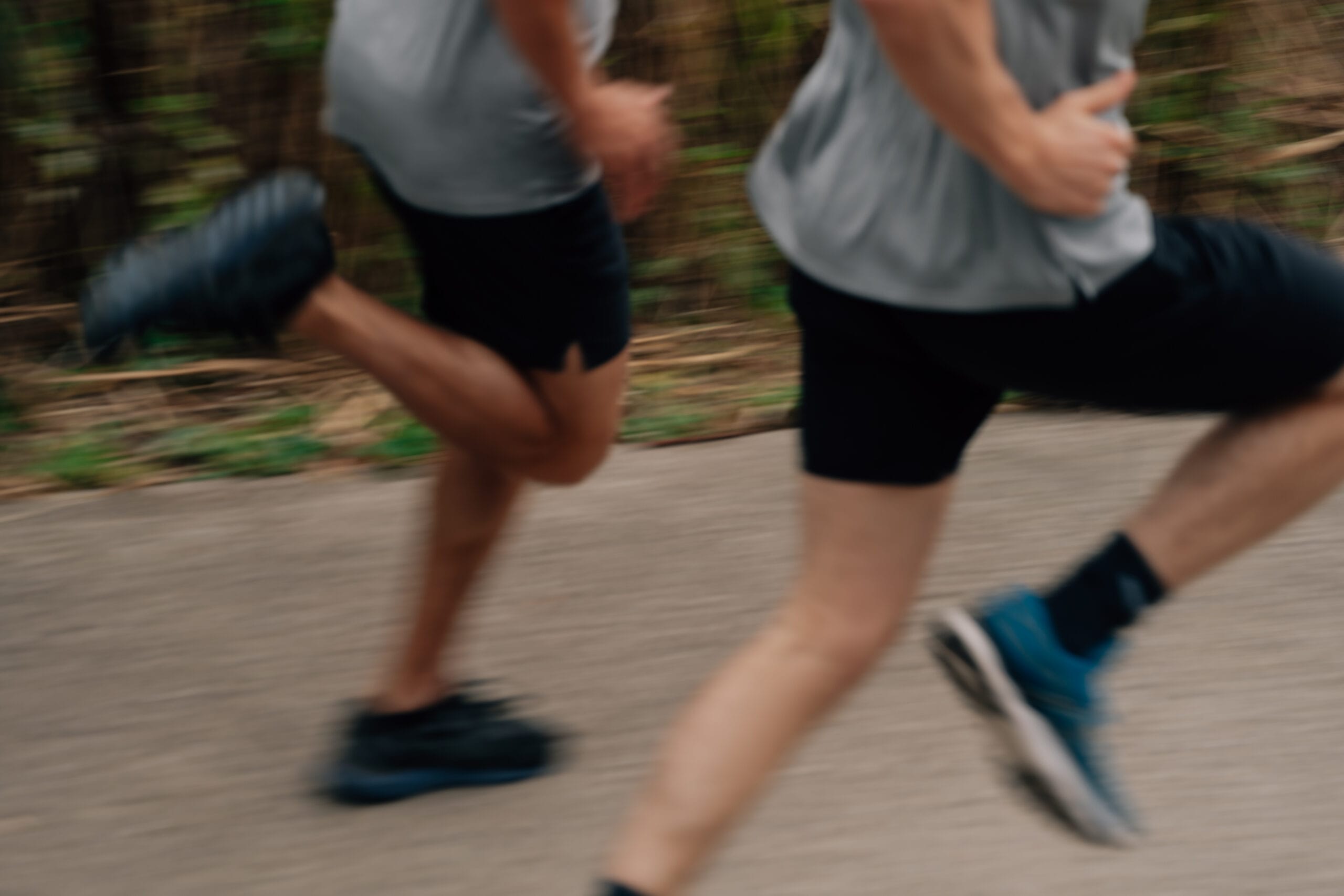Yoga for Injury Prevention & Recovery | Improve Flexibility & Strength

Claire Small
Chief Clinical Officer & Consultant Physiotherapist
- 27 February, 2020
- Yoga & Pilates
- 2 min read
Recently more and more people are turning to yoga to help prevent and recover from injuries as Consultants, physiotherapists and Coaches are becoming increasingly aware of the positive benefits of a long-term yoga practice. Along with supporting physical, mental and emotional wellness, injury recovery has proven to be a fundamental benefit of yoga practice.

Yoga is becoming another key tool for those who are looking to maintain their fitness in a way that will complement their injury prevention or recovery plan. Yoga focuses on both the mind and the body, which gives it the potential to address both the physical and nonphysical aspects of an injury.
In general, yoga lengthens muscle tissue, strengthens muscle through applying healthy stress in various shapes, and enhances range of motion of the skeleton. These traits are excellent both for recovery from overuse muscle injuries like low back pain and as physical therapy intervention for pain management and correcting postural imbalances associated with musculoskeletal disorders and injuries.
Balance has been shown to reduce risk of injury in athletes as it advances an athlete’s ‘proprioception’ – their awareness of their body and how it moves through space. Perhaps even more importantly, yoga reduces cortisol levels, which is a stress hormone that has been linked with a number of adverse effects that inhibit injury recovery.
Moving slowly with the breath also means that you are only moving as fast as you are breathing, and this encourages many people to slow their movement down.
For injury recovery, this can obviously vary from person to person and you will need the advice of a physio to know exactly what you need for your particular injury. If your physio has recommended yoga – ask what level of intensity would be good for your injury, and also if static stretches or more dynamic yoga would be best. Then select the style to match your recovery plan.
Yin is generally good for relaxation and helping to ease the connective tissue between muscles which can help with flexibility, injury prevention and recovery – through static stretching. Flow, Ashtanga and other forms of more vigorous styles of yoga would suit more dynamic recovery plans.

Advice
Over the last 20+ years our experts have helped more than 100,000 patients, but we don’t stop there. We also like to share our knowledge and insight to help people lead healthier lives, and here you will find our extensive library of advice on a variety of topics to help you do the same.
OUR ADVICE HUBS See all Advice Hubs

